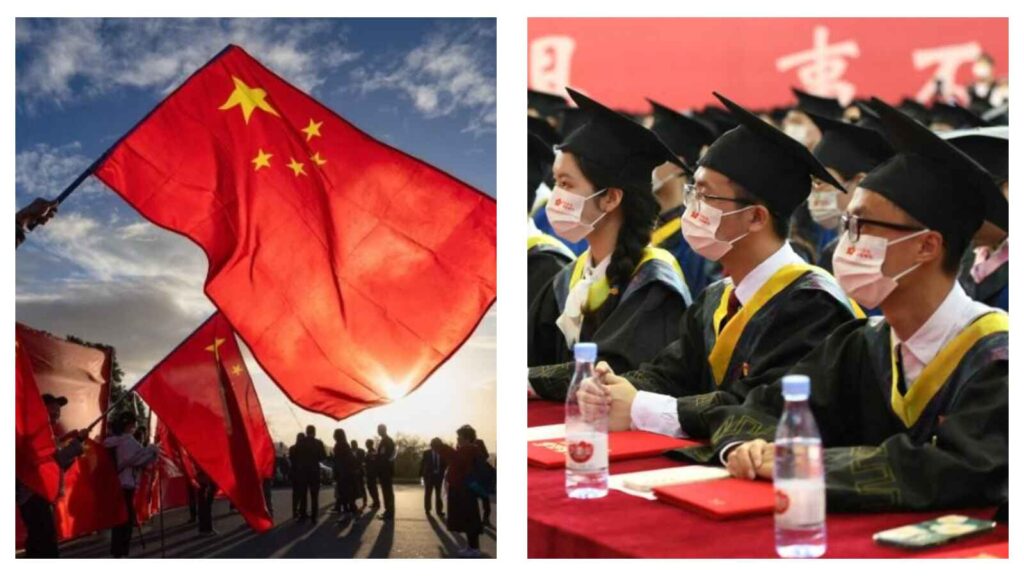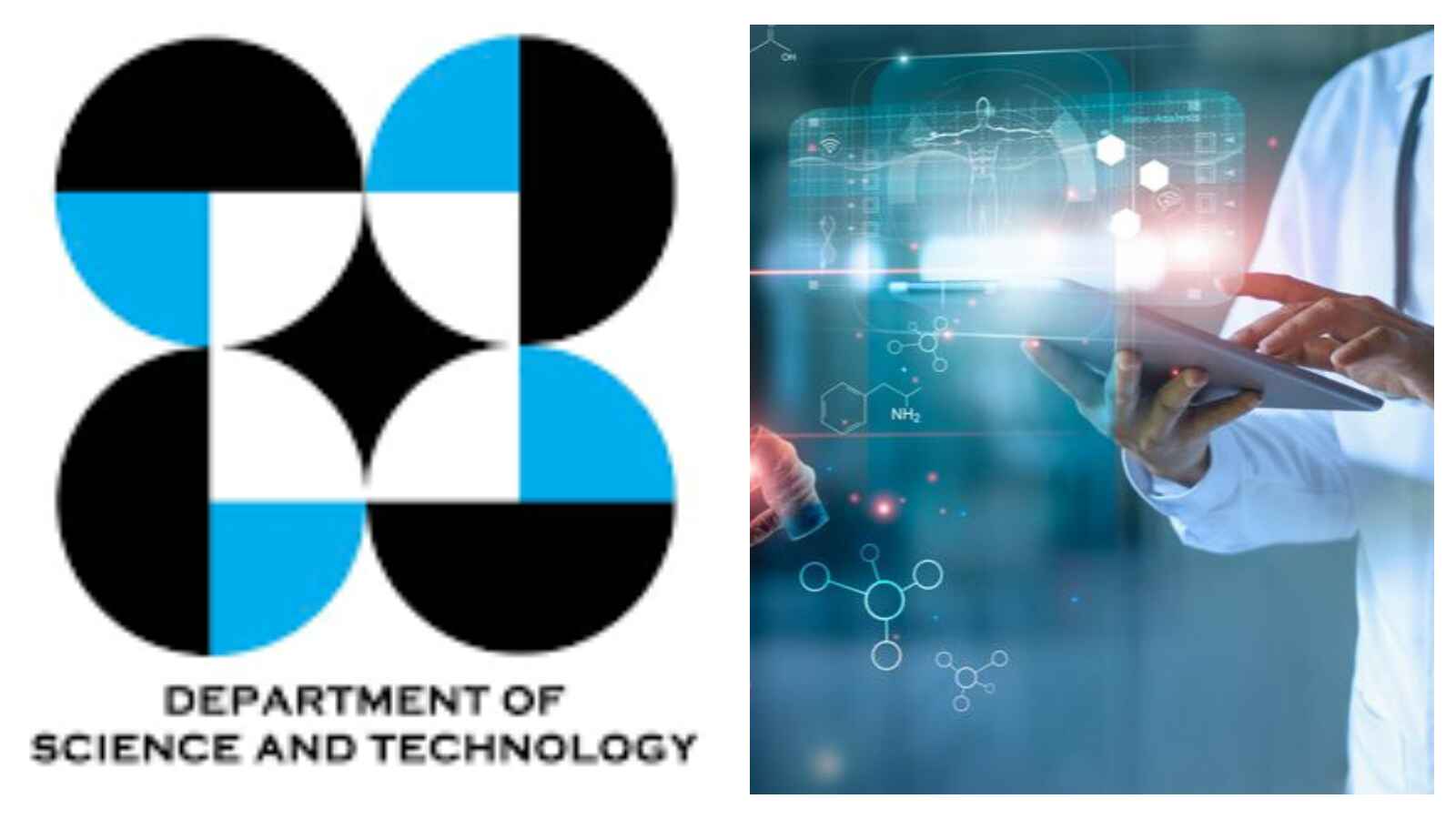by Andre Alfonso R. Gutierrez
A growing number of Filipinos are recognising the vital role of science and technology in shaping a more resilient and sustainable nation, according to the latest nationwide survey.
Commissioned by the Department of Science and Technology (DOST) and conducted by Social Weather Stations (SWS), the survey found that 71 percent of respondents believe DOST programs and services help build a “resilient, unified, and sustainable Philippines.”
Only 6 percent expressed disagreement, while 14 percent remained undecided.
More people taking note of developments
Perhaps the most striking shift was in overall public awareness.
The number of Filipinos who reported encountering science and technology news—through reading, watching, or listening—jumped from just 25 percent in July 2024 to 71 percent by December.
The 184 percent surge suggests a significant increase in visibility, likely driven by the agency’s intensified communication efforts during health emergencies and extreme weather events.
However, while visibility has improved, perceptions of science’s impact on society remain mixed.
Only 46 percent of respondents said they believe science and technology positively influence Filipino society.
A sizeable 32 percent were undecided, and 14 percent felt the influence was negative.
Among youth and educated respondents, optimism was notably higher: 60 percent of Filipinos aged 18 to 24 and 62 percent of college graduates expressed positive views.
YOU MAY ALSO LIKE: China to support college graduates with new employment system

Department’s work is paying off
DOST Secretary Renato Solidum Jr welcomed the results as a sign that the department’s work is resonating with the public.
“The survey is an affirmation of the Department’s efforts to be at the forefront of providing solutions and opening opportunities to the Filipino people through science, technology, and innovation (STI),” he said in an interview with the Philippine News Agency.
Solidum also credited media, government communicators, and the academic sector for helping bridge the gap between scientific advancements and public understanding—especially during crises like pandemics and natural disasters.
The survey offers a snapshot of how developing countries like the Philippines are navigating public trust and engagement in science—particularly in the context of climate change, disaster risk, and post-pandemic recovery.
While the upward trend in awareness is promising, the journey toward inclusive scientific literacy is far from over.
READ NEXT: Breakthrough Prizes recognise key scientific advances in 2025
